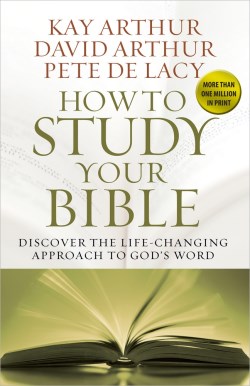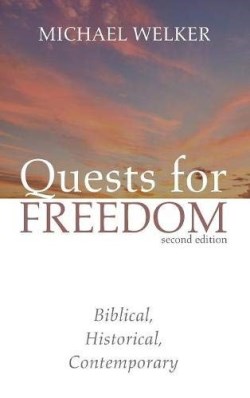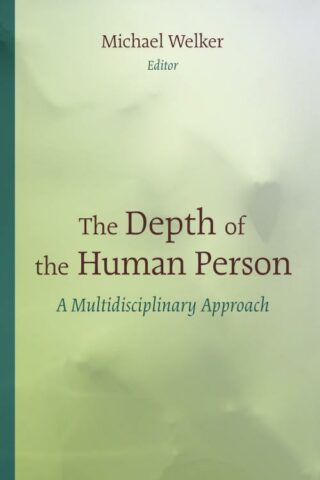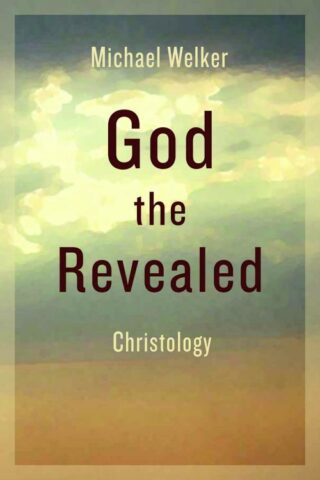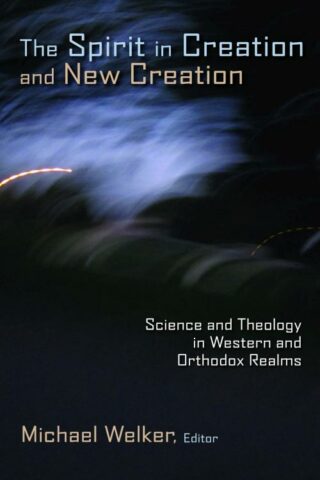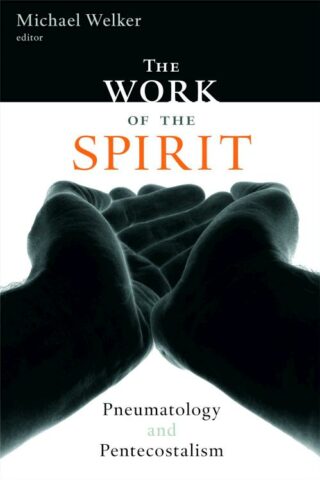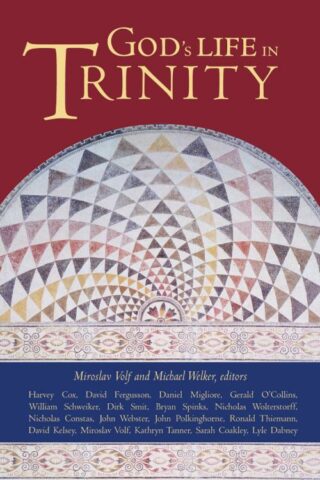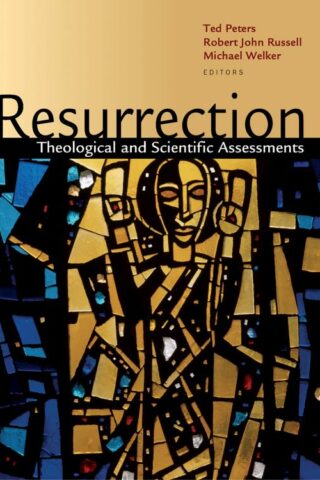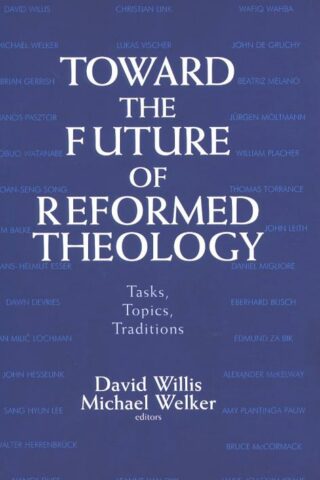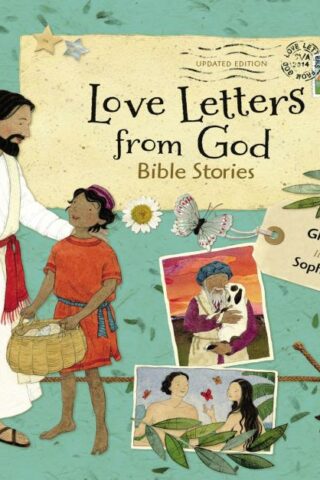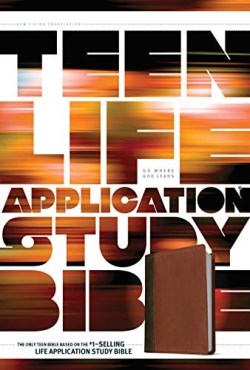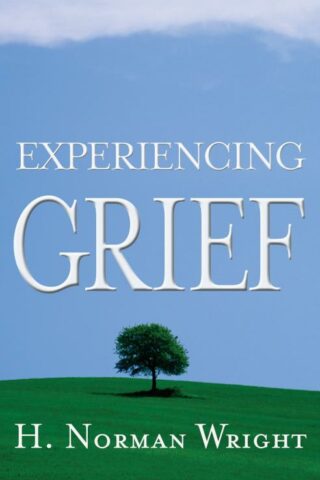Michael Welker
Showing all 8 resultsSorted by latest
-
Quests For Freedom Second Edition
$90.00This book is the result of intensive, multiyear international and interdisciplinary cooperation. From many perspectives, the book’s contributors address themes of freedom and slavery; self-determination and concepts of freedom; God-given and imprinted freedom; freedom as an ethos of belonging and solidarity; and relations between freedom, human rights, and theological orientation.
Add to cartin stock within 3-5 days of online purchase
-
Depth Of The Human Person
$48.99Illuminating perspectives on personhood from a worldwide array of interdisciplinary scholars
This volume brings together leading theologians, biblical scholars, scientists, philosophers, ethicists, and others to explore the multidimensionality and depth of the human person. Moving away from dualistic (mind-body, spirit-flesh, naturalmental) anthropologies, the book’s contributors examine human personhood in terms of a complex flesh-body-mindheart- soul-conscience-reason-spirit spectrum.
The Depth of the Human Person begins with a provocative essay on the question “Why is personhood conceptually difficult?” It then rises to the challenge of relating theological contributions on the subject to various scientific explorations. Finally, the book turns to contemporary theological-ethical challenges, discussing such subjects as human dignity, embodiment, gender stereotypes, and human personhood at the edges of life.
Add to cartin stock within 3-5 days of online purchase
-
God The Revealed
$32.99A new Christology by an internationally respected theologian
“God revealed himself in Jesus Christ!” Christian faith has confessed and proclaimed this message for nearly two thousand years. But what does it really mean?
In God the Revealed Michael Welker delves into this declaration and shows how it offers genuine insight into Christian faith. He asks “Who is Jesus Christ for us today?” and approaches the answer from five different angles — the historical Jesus, the resurrection, the cross, the reign of Christ, and eschatology. Uniquely, Welker argues for the need to place historical Jesus research in a Christology and proposes a “Fourth Quest” for the historical Jesus.
Add to cartin stock within 3-5 days of online purchase
-
Spirit In Creation And New Creation
$35.99How does the Spirit relate to the world in which we live? How does the Spirit relate to the world to come, also known as the new creation? In this volume fifteen scholars – experts in physics, biology, mathematics, psychology, sociology, and theology – come together to ponder these questions, each one using his own disciplinary tools and unique perspective. The contributors represent a variety of countries, including Germany, Greece, Russia, the United Kingdom, and the Ukraine, and a number of faith traditions – from Russian and Greek Orthodox to Roman Catholic to Pentecostal. Discussing scientific and theological perspectives on the Spirit’s role in creation and in the new creation, the contributors produce a fruitful dialogue that will lead to a deeper understanding of and respect for the Spirit’s creative work.
Add to cartin stock within 3-5 days of online purchase
-
Work Of The Spirit
$38.99A timely collection exploring the Holy Spirit in theology, culture, and science.
Add to cartin stock within 3-5 days of online purchase
-
Gods Life In Trinity
$53.33Probes new ways of understanding the triune character of God.
Jurgen Moltmann’s distinctive insights in trinitarian theology – especially about the relations within God and God’s presence in creation – are revolutionary for theology and set the stage for these further explorations. The esteemed group of contributors in this volume probes new ways of understanding the triune character of God.
Add to cartin stock within 3-5 days of online purchase
-
Resurrection : Theological And Scientific Assessments
$38.99In this volume first-rate scientists and theologians from both sides of the Atlantic explore the Christian concept of bodily resurrection in light of the views of contemporary science.
Whether it be the Easter resurrection of Jesus or the promised new life of individual believers, the authors argue that resurrection must be conceived as “embodied” and that our bodies cannot exist apart from their worldly environment. Yet nothing in today’s scientific disciplines supports the possibility of either bodily resurrection or the new creation of the universe at large. Cosmology, for example, only forecasts an end to the universe. If persons and the cosmos are to rise up anew in the eschaton, such an event will have to be a willful act of God. Thus, while modern science can offer aid in constructing models for picturing what “resurrection of the body” could mean, the warrant for this belief must come from distinctly theological resources such as divine revelation. Christian faith ultimately gains its strength not from modern science but from God’s promises.
Bridging such disciplines as physics, biology, neuroscience, philosophy, biblical studies, and theology, Resurrection offers fascinating reading to anyone interested in this vital Christian belief or in the intersection of faith and scientific thought.
Add to cartin stock within 3-5 days of online purchase
-
Toward The Future Of Reformed Theology A Print On Demand Title
$51.99Toward the Future of Reformed Theology brings together the voices of leading contemporary Reformed theologians from around the world, providing a unique summary of the range and wealth of Reformed theology today and exploring its potential for the future. These thirty-one engaging essays consider the task of Reformed theology in the modern world, give Reformed perspectives on key theological themes, and suggest fruitful present-day trajectories of Reformed thought from the past.
Add to cartin stock within 3-5 days of online purchase

